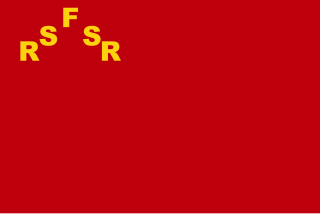Grekov or реков may refer to:
- Boris Grekov (1882–1953), Soviet historian
- Dimitar Grekov (1847–1901), Bulgarian politician
- Mitrofan Grekov (1882–1934), Soviet painter
- Trifon Grekov (1893–1973), Macedonian physician
- Valentyn Grekov (born 1976), Ukrainian judoka
- Yury Grekov (1943–2024), Russian army officer


